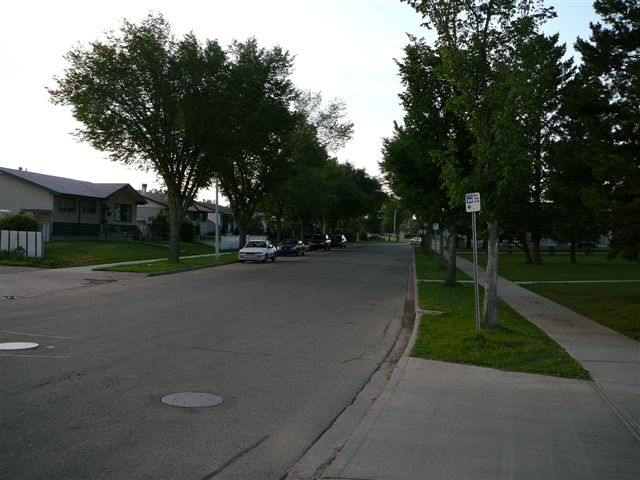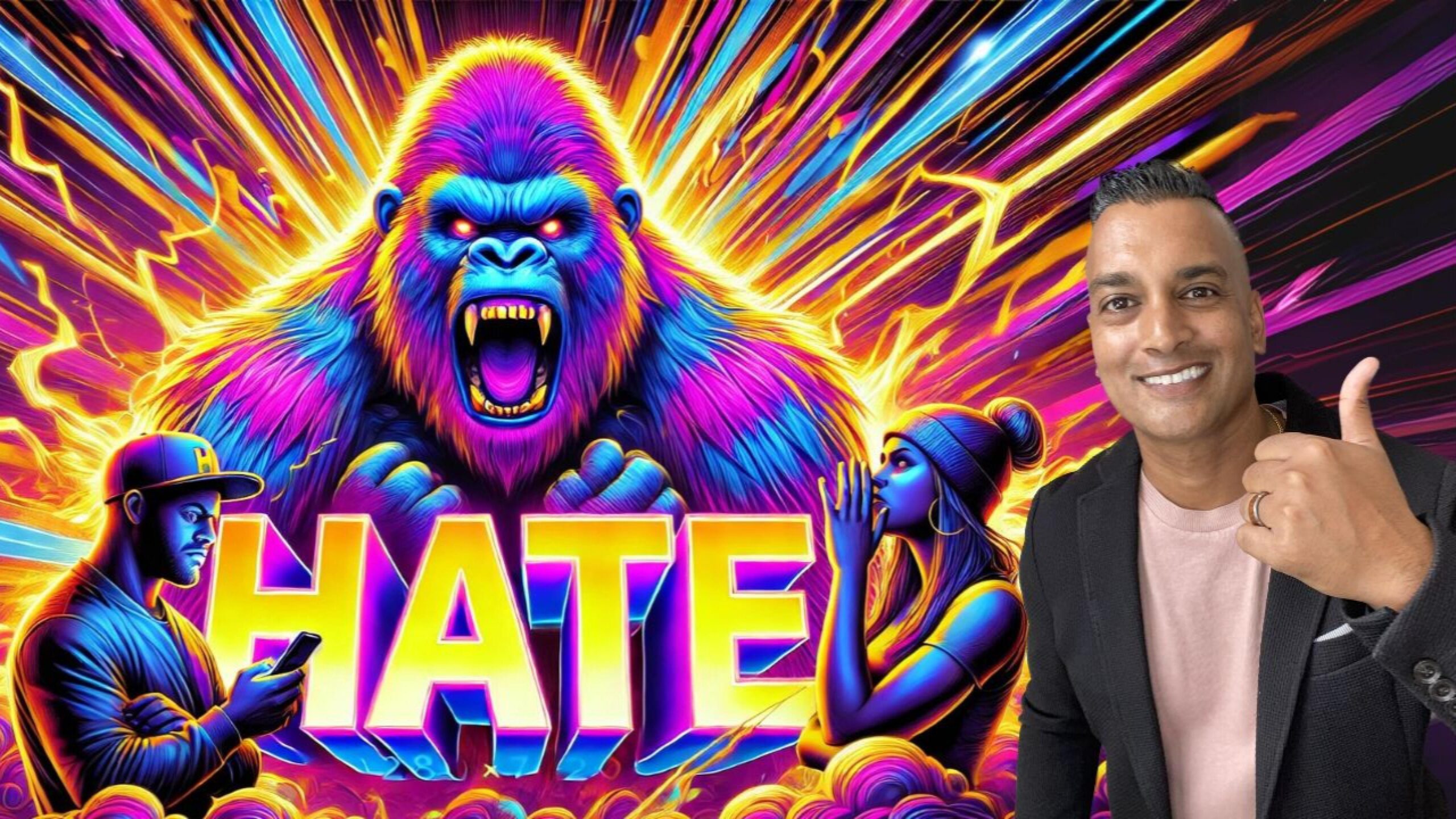Contact Us
The Psychology Behind Haters: Why Do People Hate?
Haters don’t just appear out of nowhere. Their behavior is often rooted in deeper psychological issues. Here are some of the most common reasons why people hate on others:
1. Envy and Jealousy
Many haters are simply jealous. When they see someone achieving success, happiness, or personal growth, it reminds them of what they don’t have. Instead of using that feeling as motivation to improve their own lives, they direct their frustration toward others.
🔹 Example: You post about getting a promotion, and someone leaves a negative comment saying you “just got lucky.” Their reaction stems from their own dissatisfaction with their career progress.
2. Insecurity and Low Self-Esteem
People who feel insecure about themselves are more likely to project negativity onto others. When they see someone thriving, it makes them feel inferior, so they try to bring that person down to their level.
🔹 Example: Someone makes fun of your weight loss journey because they themselves struggle with self-confidence.
3. Fear of Change or Disruption
Some people dislike seeing others break the status quo because it challenges their own beliefs or lifestyle. They may feel threatened when someone they know changes for the better because it forces them to reflect on their own lives.
🔹 Example: You start a business, and your friends say, “That’ll never work.” Their doubt might come from their own fear of failure.
4. Projection of Their Own Problems
Psychologically, some haters project their own struggles, pain, or failures onto others. If they’re unhappy with their own lives, they take it out on people who seem happy or successful.
🔹 Example: Someone in a toxic relationship criticizes your happy relationship because deep down, they’re struggling with their own issues.
5. Social and Cultural Conditioning
Society often encourages criticism. People are constantly exposed to negative news, online trolls, and comparison culture, which normalizes toxic behavior. Social media, in particular, gives haters an anonymous platform to spew negativity without consequences.
🔹 Example: Online trolls who target celebrities or influencers simply because they can hide behind a screen.
Why Having Haters is a Good Thing
Believe it or not, haters are actually a positive sign. Here’s why:
1. It Means You’re Making an Impact
If no one cares about what you’re doing, you won’t have haters. The moment you start making waves, people will start forming opinions about you—both good and bad. Hate is just a side effect of making an impact.
2. It’s a Sign of Success
Most successful people—entrepreneurs, athletes, artists, and influencers—have haters. Why? Because success attracts attention, and not all of it is positive. If you have haters, it’s likely because you’re doing something right.
3. Haters Provide Free Marketing
Haters talk about you, even if it’s in a negative light. Controversy and criticism often generate buzz, bringing you even more visibility. Many influencers and brands use hate as a way to boost their engagement.
4. It Helps You Develop Thick Skin
The more you deal with haters, the better you become at handling criticism. Learning to filter out useless negativity and focus on what truly matters is a valuable life skill.
5. They Fuel Your Motivation
Turning hate into motivation is a powerful mindset shift. Instead of letting negativity discourage you, use it as fuel to prove your haters wrong.
How to Deal with Haters
Now that we understand why people hate, let’s explore how to handle haters effectively.
1. Don’t Engage
The number one rule for dealing with haters is to not engage. Most haters thrive on attention. Ignoring them denies them the reaction they crave.
2. Use It as Motivation
Instead of feeling down about hate, let it push you forward. Many successful people have used negativity as fuel to work harder and achieve even greater success.
3. Laugh It Off
Sometimes, the best way to handle hate is to laugh about it. If you take everything personally, it can drain your energy. But if you see it as entertainment, it loses its power over you.
4. Block, Mute, and Move On
If someone is consistently toxic, block them from your social media, mute them, or cut them out of your life. There’s no rule saying you have to keep negative people around.
5. Surround Yourself with Positive People
The best defense against hate is a strong support system. Surround yourself with people who uplift and encourage you. Their support will outweigh any negativity.
6. Keep Winning
The best response to haters? Keep succeeding. Nothing frustrates a hater more than seeing you continue to thrive despite their negativity.
Haters will always exist, but their negativity doesn’t have to affect you. Understanding the psychology behind hate allows you to rise above it. Instead of letting haters bring you down, use their negativity as motivation to push forward. The more successful you become, the more opinions—both good and bad—you’ll attract. But at the end of the day, the only opinion that truly matters is your own.
So keep doing what you love, keep improving, and let the haters hate. Because as the saying goes, “Haters don’t hate you, they hate themselves for not being you.”

Like This Article?

Sean Rampersaud
Sean has been a mortgage broker in Canada for 17 years.
We have helped countless amounts of clients achieve their mortgage goals!
Call me anytime at 780-278-4847


